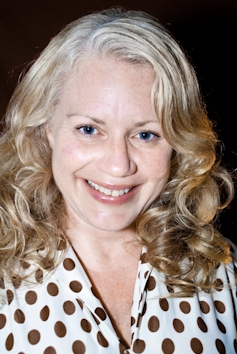President of the Australian Corporate Lawyers Association (ACLA) and general counsel for the National Offshore Petroleum Safety and Environment Management Authority, Suzanne Hillier, has highlighted the attractiveness of law firms which have abandoned the billable hour model.
President of the Australian Corporate Lawyers Association (ACLA) and general counsel for the National Offshore Petroleum Safety and Environment Management Authority, Suzanne Hillier, has highlighted the attractiveness of law firms which have abandoned the billable hour model.
Speaking to Lawyers Weekly about her objectives as ACLA’s new president for 2012, Hillier – a former private practice lawyer – described the preference amongst her in-house colleagues to brief firms which provide legal services under alternative fee arrangements.
“I talk to a lot of my colleagues and if they were going to move back into private practice – and that’s happening more and more now – no one would say the pluses of going back into private practice for a couple of years would be the billable hour,” said Hillier.
“From my perspective, when I brief externally, I like to know how much the job is going to cost me and I’m happy to budget for that amount. I don’t necessarily need to see how the external legal provider has charged me for every hour of their time. I would just like to know how much it’s going to cost, approximately, manage that budget expectation and then have the work delivered.”
Hillier said the availability of alternative fee arrangements from law firms changes the way in-house counsel select and deal with external legal providers.
“If an [external legal provider] is not going to charge you on a billable hour rate, it changes the way you deal with them,” she said. “I find that the [fixed-fee] model works best for me and I think a lot of people would say that … For the work that I brief out in my role and from what the people I know in the profession say, there are advantages to briefing out to external providers who are not using the billable hour.”
Hillier added that the adoption of fixed-fee pricing models would also provide “more bargaining power” or scope to have a discussion as to how much the work will cost and what service is to be delivered.
“I think it will be interesting for everyone to see how this develops in the next year or two and whether more providers are going to move away from [the billable hour] and use different models.”
You’re out of free articles for this month
To continue reading the rest of this article, please log in.
Create free account to get unlimited news articles and more!






